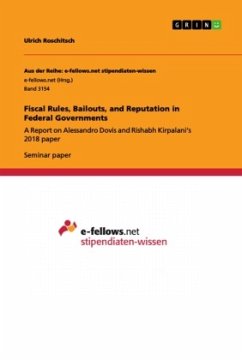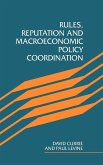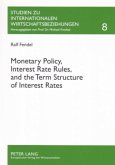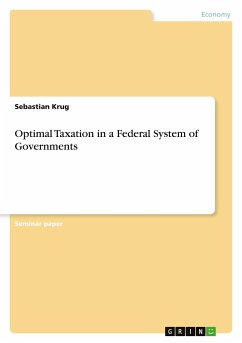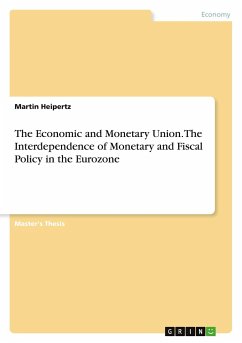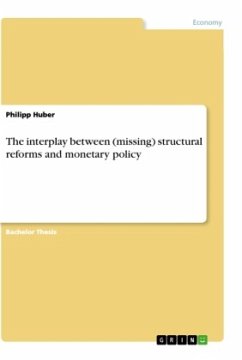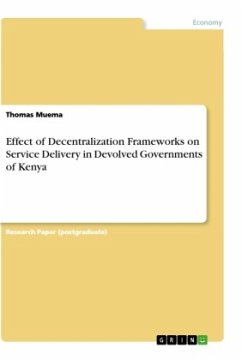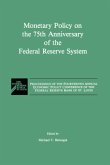Seminar paper from the year 2019 in the subject Economics - Other, grade: 1.0, University of Mannheim (Department of Economics), course: Topics on Monetary Union, language: English, abstract: The question of why regions, that cooperate in a federal union, overborrow-meaning that they issue more debt than would be beneficial from a point-of-view of intertemporal efficiency-is of utmost relevance in many contexts. Traditionally, the role of fiscal rules (i.e. caps on debt issuance levels with punishment payments upon violation) has been emphasized in overcoming the root of the problem: that central authorities in federal unions cannot commit to not use their funds to bail out overindebted members at the expense of other members. Dovis & Kirpalani, however, ask an important question: what happens if the central authority also cannot commit to enforcing the fiscal rules? In their paper, they show that if the central authority has a low reputation (i.e. low probability of enforcing the fiscal rules and the no-bailout-clause), fiscal rules are not only ineffective, but they can even lead to a higher debt issuance and exacerbate the overborrowing problem.This report aims at outlining Dovis & Kirpalani's reasoning for their central claim, thus sketching out their proofs and providing intuition for their results. Furthermore, a short assessment of their paper is provided, centering on validity and possible extensions.
Hinweis: Dieser Artikel kann nur an eine deutsche Lieferadresse ausgeliefert werden.
Hinweis: Dieser Artikel kann nur an eine deutsche Lieferadresse ausgeliefert werden.
